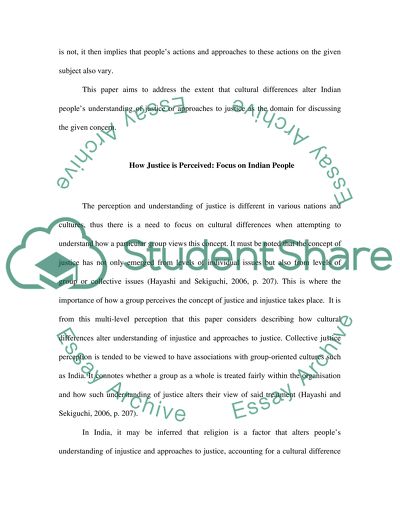Cite this document
(How Understanding of Justice and Approaches to Justice Is Altered in Coursework, n.d.)
How Understanding of Justice and Approaches to Justice Is Altered in Coursework. https://studentshare.org/social-science/1499935-cultural-differences-and-justice
How Understanding of Justice and Approaches to Justice Is Altered in Coursework. https://studentshare.org/social-science/1499935-cultural-differences-and-justice
(How Understanding of Justice and Approaches to Justice Is Altered in Coursework)
How Understanding of Justice and Approaches to Justice Is Altered in Coursework. https://studentshare.org/social-science/1499935-cultural-differences-and-justice.
How Understanding of Justice and Approaches to Justice Is Altered in Coursework. https://studentshare.org/social-science/1499935-cultural-differences-and-justice.
“How Understanding of Justice and Approaches to Justice Is Altered in Coursework”. https://studentshare.org/social-science/1499935-cultural-differences-and-justice.


